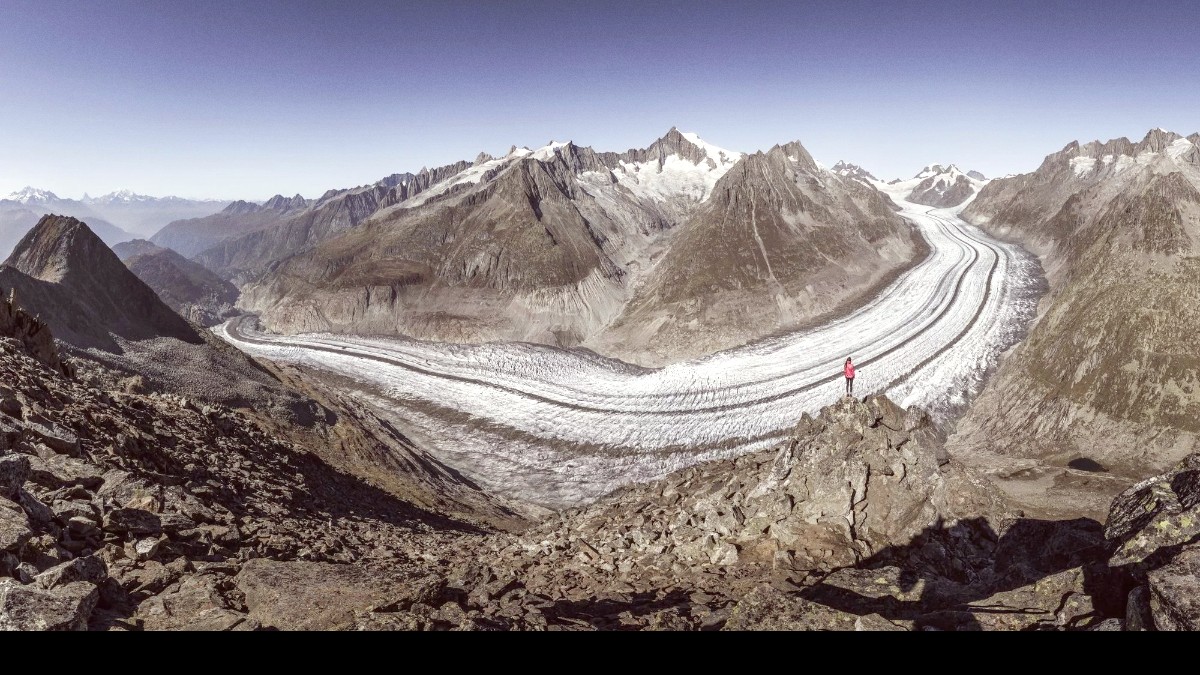
Switzerland
Zurich Airport (ZRH): Switzerland's largest international airport, a major hub with extensive global connections. It offers excellent direct train connections to most parts of Switzerland, including the Jungfrau region.
Geneva Airport (GVA): Located in the French-speaking part, another significant international airport with good train connections, especially to the western and central parts of the country.
Basel EuroAirport (BSL): A smaller airport mainly serving budget airlines. It offers fewer direct train connections to the Jungfrau region compared to ZRH or GVA. It operates as a tri-national airport serving France, Germany, and Switzerland.
Seasonal Price Fluctuations: Flight prices fluctuate significantly based on demand and seasonality. Highest fares occur during peak summer (June-August) and winter (December-March) seasons, especially around holidays. Shoulder seasons (April-May and October-November) often present better deals. Booking several months ahead, especially for peak travel, secures favorable rates.
Airport Facilities: All major Swiss airports provide comprehensive facilities: numerous shops (duty-free), restaurants, car rental agencies, currency exchange, ATMs, and efficient public transport connections directly from terminals.
Discover low fares for flights via Dollar Flight Club.
Find the best flight options and deals on Skyscanner.
Secure competitive car rental rates via DiscoverCars.com.
The Swiss rail system is world-class. Utilize the SBB Mobile app for planning your train journeys.
Check real-time schedules, platform information, and purchase tickets via the app.
Train travel presents scenic views as you move through the Swiss countryside towards the Alps.
Switzerland presents one of the world's most dense and efficient rail networks, operated mainly by the Swiss Federal Railways (SBB). Train travel generally is the preferred option due to its reliability and scenic routes.
Switzerland shares open borders with its Schengen Area neighbors (France, Germany, Italy, Austria, Liechtenstein). If you are traveling from within the Schengen Area, generally no passport controls occur. For non-Schengen travelers, standard passport and visa checks apply upon entry into the Schengen Area.
Driving presents flexibility for exploring wider regions, but specific considerations apply to Switzerland and the car-free Jungfrau villages.
Swiss roads are exceptionally well-maintained. Mountain roads can be narrow, winding, and steep. Driving in winter conditions needs experience and confidence.
Sea and river arrivals are not applicable as main transportation methods for reaching the Jungfrau-Aletsch Protected Area. This region is landlocked and situated high in the Alps.
Switzerland has no ocean cruise ports. River cruises typically operate on larger rivers outside this alpine region.
Switzerland is a landlocked country, with no access to oceans or seas.
The Jungfrau-Aletsch Protected Area lies high in the Alps, far from major waterways.
Lake ferries operate as scenic excursions, not main arrival routes for the country.
Switzerland does not impose specific exit fees or taxes beyond those typically included in your airline ticket price. This means you do not pay an additional fee at the airport or border when leaving. For international flights, arrive at the airport (Zurich or Geneva) 2-3 hours before your scheduled departure time.
Major Swiss airports and train stations offer a full range of facilities for departing travelers.
At international airports, look for Global Blue or other tax refund service counters.
For eligible purchases made within Switzerland.
Follow the instructions for tax-free shopping to receive your refund.